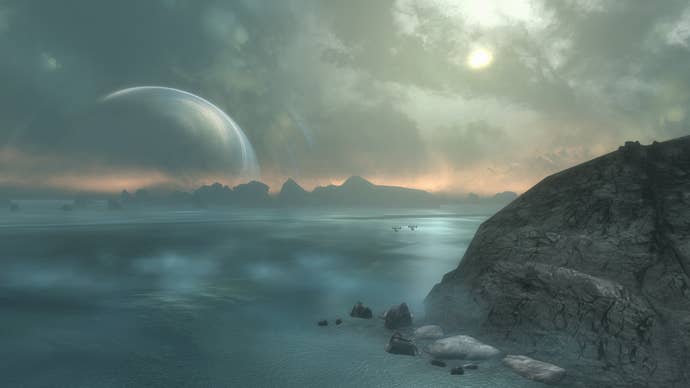This piece contains spoilers for Halo: Reach.
In the pantheon of platform exclusives, few loom so large as Halo.
To many people, the Chief is Halo.

But what happens when you leave him out?
I know this because Reach was my introduction to this particular universe.
In storytelling terms it feels like the pinnacle.

Terror and despair seep from every pore of the game, like thick blue blood from a bullet-riddled Grunt.
Reach is a brutal, uncompromising and surprisingly emotional ride.
That’s because, as a prequel, we all know what happened on Reach from the very start.

Even the promotional materials for the game stated, “From The Beginning You Know The End”.
Initially it’s thought that there’s a rebel uprising underway.
You’re in for it.

Reach is focused, but because of that invasion storyline it feels massive, too.
And while there are victories, the game cruelly rips them away from you time and again.
Take teammate Jorge’s death, for example.

It’s all been for nothing.
For less than nothing.
It still feels like a landmark game for this kind of thing.

While we’ve traversed urban prefs likeHalo 2’s New Mombasa, the streets are deserted.
The most “alive” game of the series gets killed off in real time.
Reach makes Halo’s fiction feel real to me.

It makes me care about characters and stick around to watch cut-scenes.
(In fact, several features of Reach are effectively prototypes for features of Destiny.
I’m thinking of things like character customisation, ship and location design and especially armour abilities.)

(For the record, it’s now very, very good.)
Meanwhile, Reach exists as this perfect, anguished moment at the centre of Halo.
The hero’s missing, but perhaps that’s why this game is so good.
We all belong to Reach.